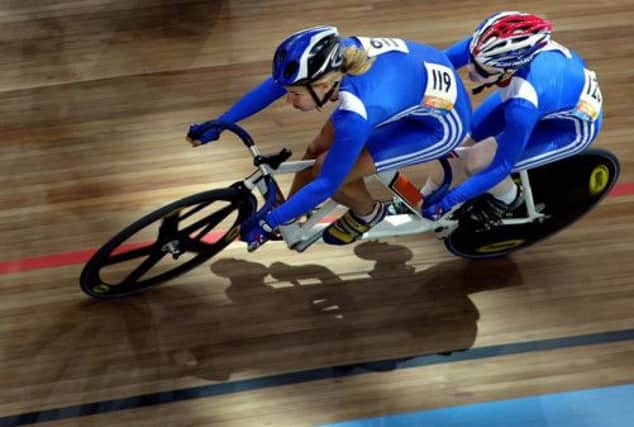Jane Devine: Games legacy for all disabled people


Legacy in terms of these big sporting events is something to justify the cost: there has to be a long-term benefit to legitimise the huge expense, not least on the construction of venues. Many organisers define their event’s legacy in terms of increasing participation in sport, particularly of people from disadvantaged areas. That’s a difficult trick to pull off as it requires sustained funding and continuous effort; the building of stadia, pitches and tracks is not enough.
When the organisers talked of the legacy that the 2012 London Olympics would have, they probably never anticipated that legacy as being the impetus for a change in attitudes towards disabled people. The profile the Paralympics was given was unprecedented and for once they felt like a part of the Games and not a token gesture. Don’t forget that it wasn’t too long ago that people with disabilities lived in huge long-stay hospitals and yet last year we had stadia of thousands of people and TV audiences of millions cheering their amazing achievements in elite sport.
Advertisement
Hide AdAdvertisement
Hide AdWhen the Commonwealth Games comes to Glasgow next year, it will have the highest number of medalled events for disabled athletes of any Commonwealth Games in history. And, unlike the Olympics, it will integrate events for elite athletes with a disability, meaning that their medals count towards their nation’s placing in the overall competition. So, if ever there was a chance to build on and extend the surprise legacy of London 2012, this is it.
Yet it is only half the story. London 2012 may have challenged views about disabled people by profiling them and their achievements alongside able-bodied athletes, but that challenge was confined to a group of people with an enormous amount of ability.
Challenging attitudes towards disabled people is a fantastic and realistic legacy to aim at, but we need to be careful we don’t actually further marginalise other disabled people in the process: those who are not good at sport, those with learning disabilities, people with autism or those with acquired brain injury, for example.
Sport is a very powerful medium. It can change things that are nothing to do with sport. Look at the impact on human rights from the black-gloved salute by athletes at the Mexico Olympics in 1968; or the pressure a ban from participation in major sporting events had on the apartheid regime in South Africa.
We live in a country where some areas are piloting a scheme for shops to display a sign showing they are a safe haven for people with disabilities who are being harassed in the street. If the Commonwealth Games could take the baton from London and continue to challenge negative attitudes, but this time towards all disabled people, that would be a worthy legacy indeed.